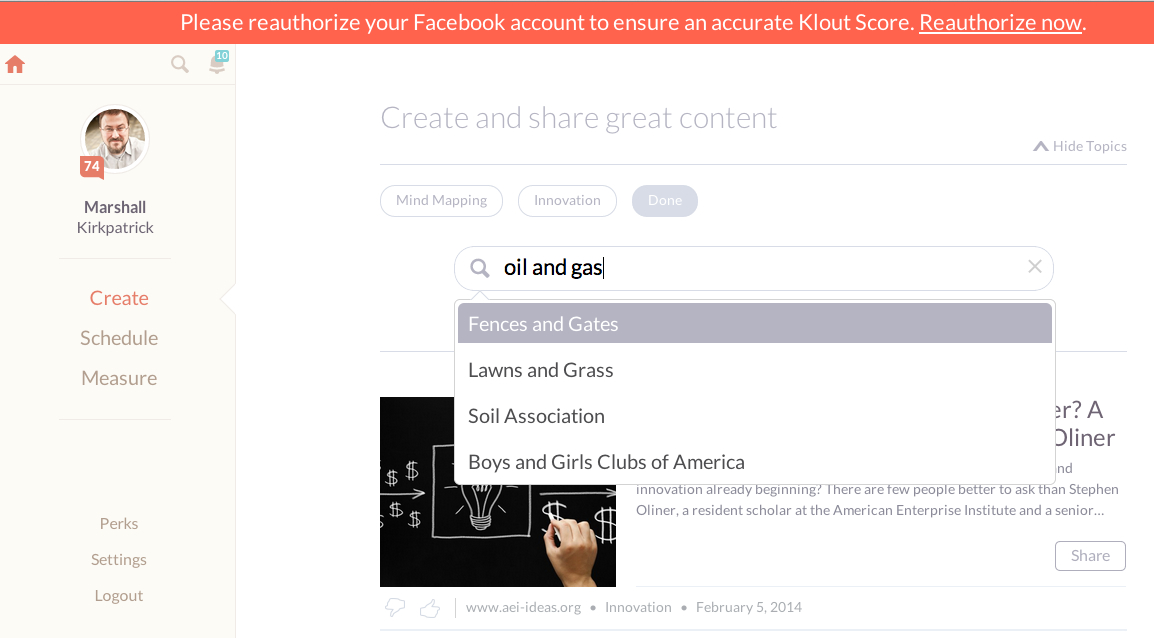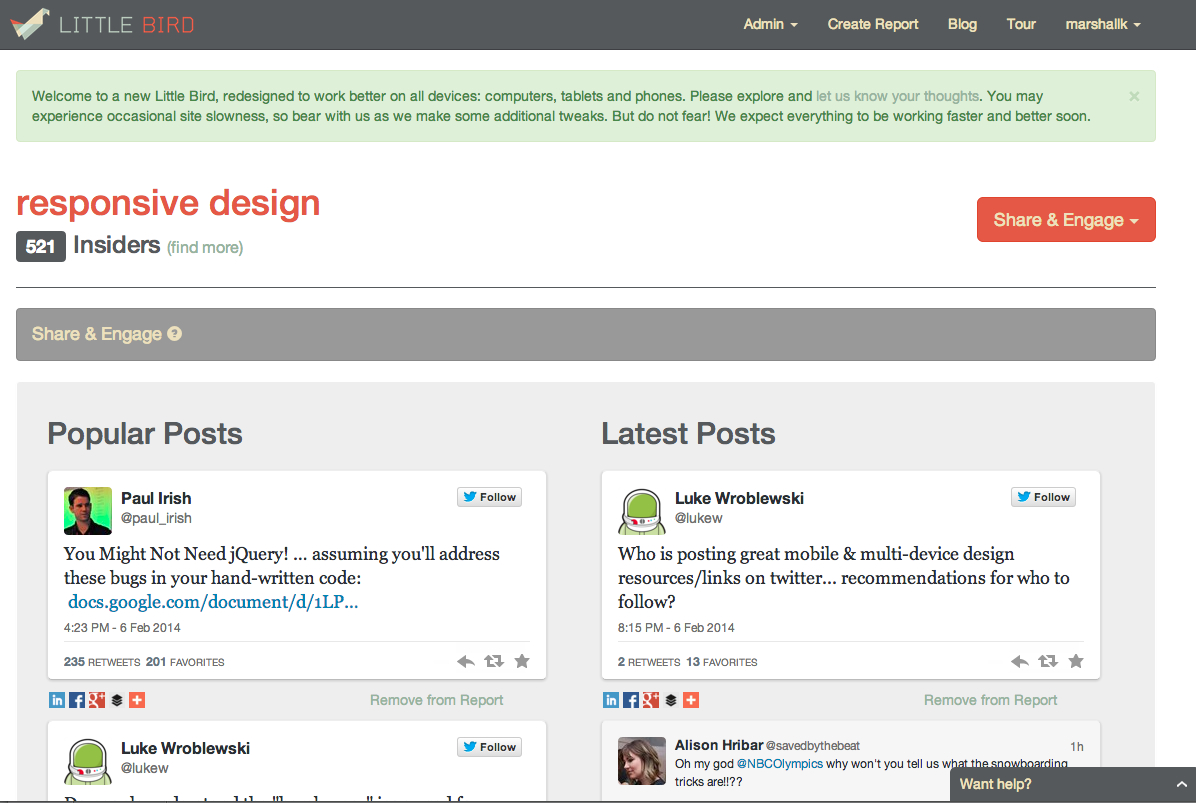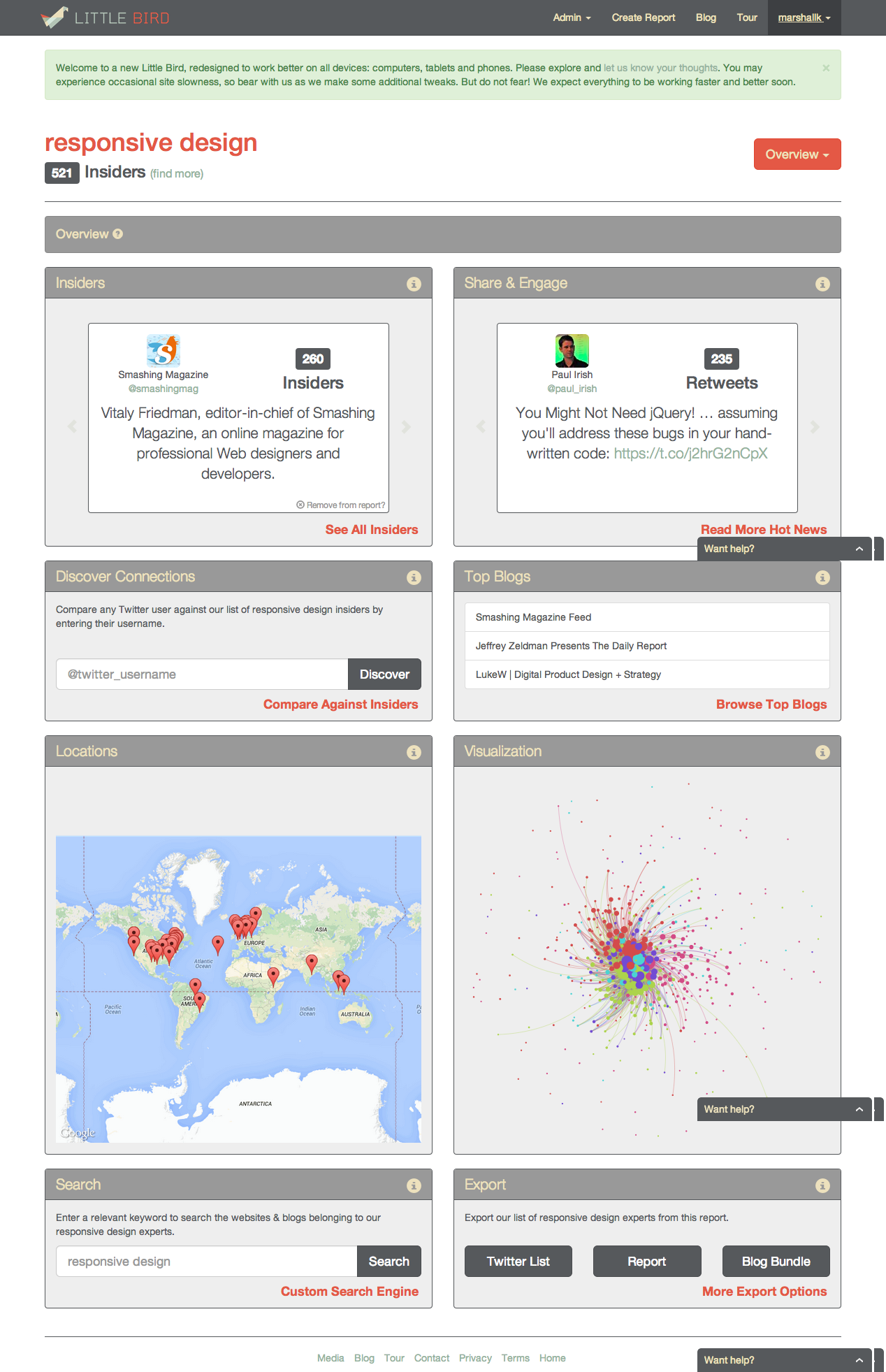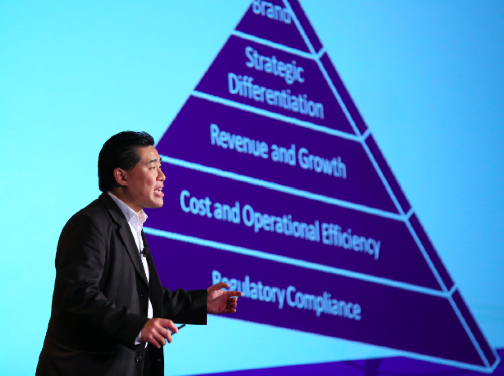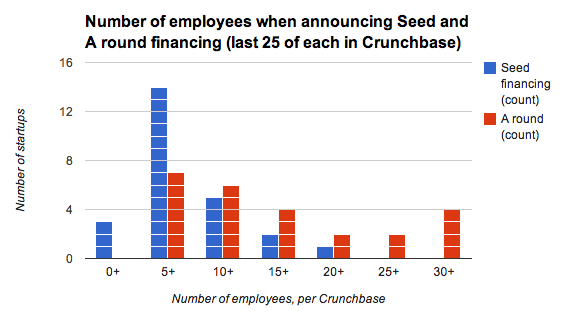Disclosure: I am the CEO of Little Bird, which is a more effective, interesting and genuine social business technology than Klout. That said, I use Klout every day, they paved the way for our customers to start thinking about us and I wish them nothing but the best in their new hard-earned home. The following post is filled with metaphor, followed by quick thoughts on owned, earned and paid media. Here’s a more plain spoken one on our company blog: Klout and Little Bird, the difference in 3 sentences.
Klout, which is the Mashable of social influence measurement, is reported to be nearing acquisition by big corporate social platform Lithium Technologies, according to the very smart reporters at Re/Code.
What does this mean? Perhaps it means: get your Klout critiques out on the table now or forever hold your peace. Perhaps it means congratulations, Klout team, you may not have become “the credit score for the future” but you did build something worth $100 million and you’ll no doubt continue to make a big impact over at Lithium.
Lithium is a formidable social platform, they acquired Radian6 competitor Scout Labs years ago, they serve big brands really well, they have a super smart chief data scientist in Michael Wu and now they’ll have Klout’s technology and data. It will be really interesting to see what they do with it. I bet it’s going to be really cool.
From my perspective, I think the news means this: the current Klout model for relating to social media is flawed and businesses need something better. We’re building something better right here at Little Bird.
Klout is Dirty
If you’re a serious social media user, you probably know that Twitter can change your business but blogging can change your life. The deeper you get into social, the more connections you make, the more you learn and the more opportunity to lead or fast-follow comes your way.
Klout is shallow and social runs deep. Old school businesspeople look at the teeming global real-time conversation on the social web and what do they see? They see a handful of popular people and wonder how much it would cost to buy their advocacy and ride their coat tails to big social media mindshare. And that’s almost all they see.
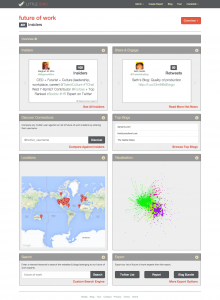 That’s all Klout has offered for most of its history: an artificial velvet rope to put around the popular kids at a party and offer them free stuff in hopes they’ll talk about you.
That’s all Klout has offered for most of its history: an artificial velvet rope to put around the popular kids at a party and offer them free stuff in hopes they’ll talk about you.
But rock and roll isn’t about 1950’s DJs getting bought off to play the big record companies’ would-be-manufactured hits. Rock and roll is about new sounds building new communities and changing the lives of the people it touches.
Social media is like rock and roll. To get it, you’ve got to really listen to it.
That’s what we do here at Little Bird. We find the topic experts and influencers that other experts trust, not just the popular kids at the party. Then we help you really listen to them, to capture the real value of social media – including but not limited to genuine earned advocacy through engagement. Not bribery or petty cash.
Here at Little Bird we believe that influential people online are most valuable because they represent where the future will be created. Engage with them now and you see it, heck you can co-create it with them. Market trends, key insights, sales and business opportunities – this is the what the finest minds on social media have to offer – not just access to the audience they’ve built. You can get that too, though, if you listen and engage with them effectively!
Below: It’s all about the inbound connections, not just the outbound popularity. Anthony Iannarino has a Klout score of 74, pretty good but no Beyonce. But if you’re looking for experts in a topic like B2B sales – Little Bird will tell you that the B2B sales community knows Anthony is out of this world. Will he talk about your brand? Maybe, maybe not. Is he worth listening to and getting to know? Yes he sure is!
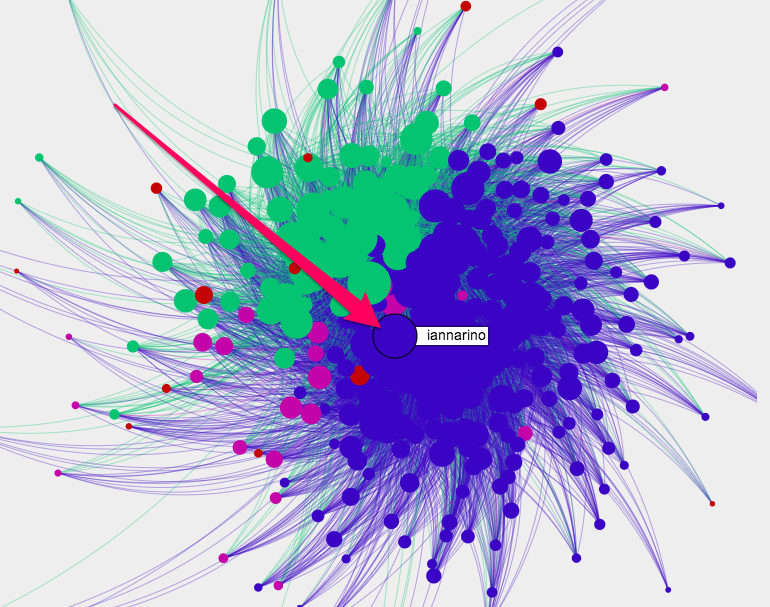
In business terms:
* Earned media: Klout has just begun with its pivot last week to try to help you get into conversations, to engage with great content and to earn some growth in social capital. Prior to that new home page, Klout did nothing for earned media.
Little Bird does more and better work to help you engage not just with good topical content, but with the people you can develop relationships with who are discussing it. Earn that new media, businesses! We’ll help.
* Owned media: What does Klout do for your owned media? Not much. It might tell you who the most popular people are who re-shared what you already wrote. You’re on your own to create your own original media though, and Klout does a terrible job of discovering credible people to co-create it with.
Little Bird gives you a big boost in owned media optimization, by serving up inspirational trending conversations from inside and outside your existing community online.
* Paid media: Klout is an odd form of paid media. It’s probably appropriate for B2C markets, to let popular people from the internet test-drive a new car or get a voucher to visit a big city for free. But for B2B markets, paid media is most appropriate with absolute transparency and advertising.
Little Bird customers use our data to learn not who to pay-off, but who to target reputable advertising towards. I think that’s a much more proven way to do it.
Ok people at work, looking to do business on the social web: come on in, the water’s fine! Don’t just throw money and gifts at the natives. Come join us and enjoy all the wonderful things that these networks have to offer.


